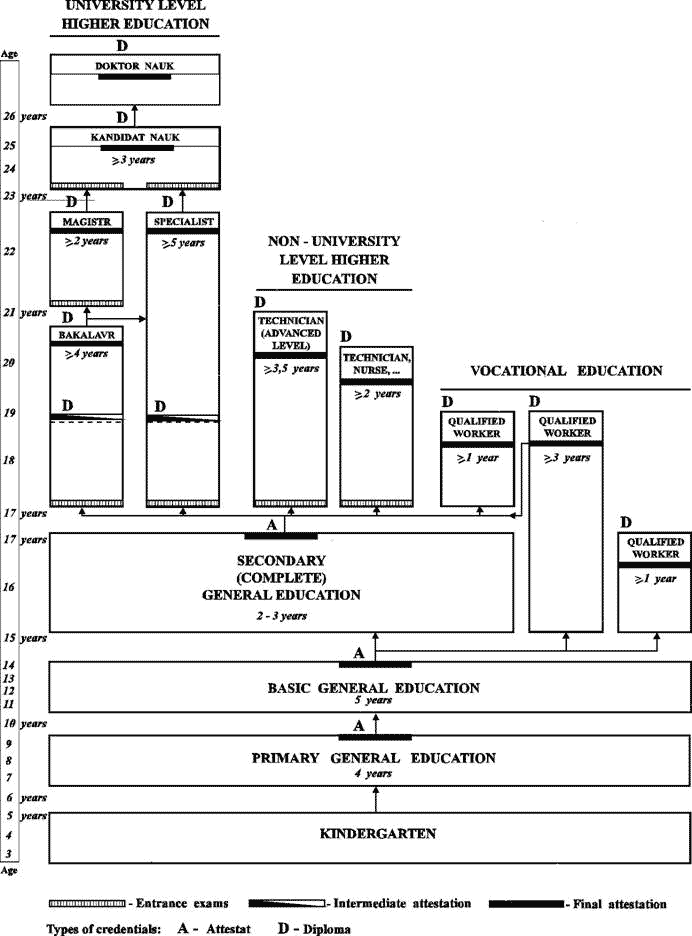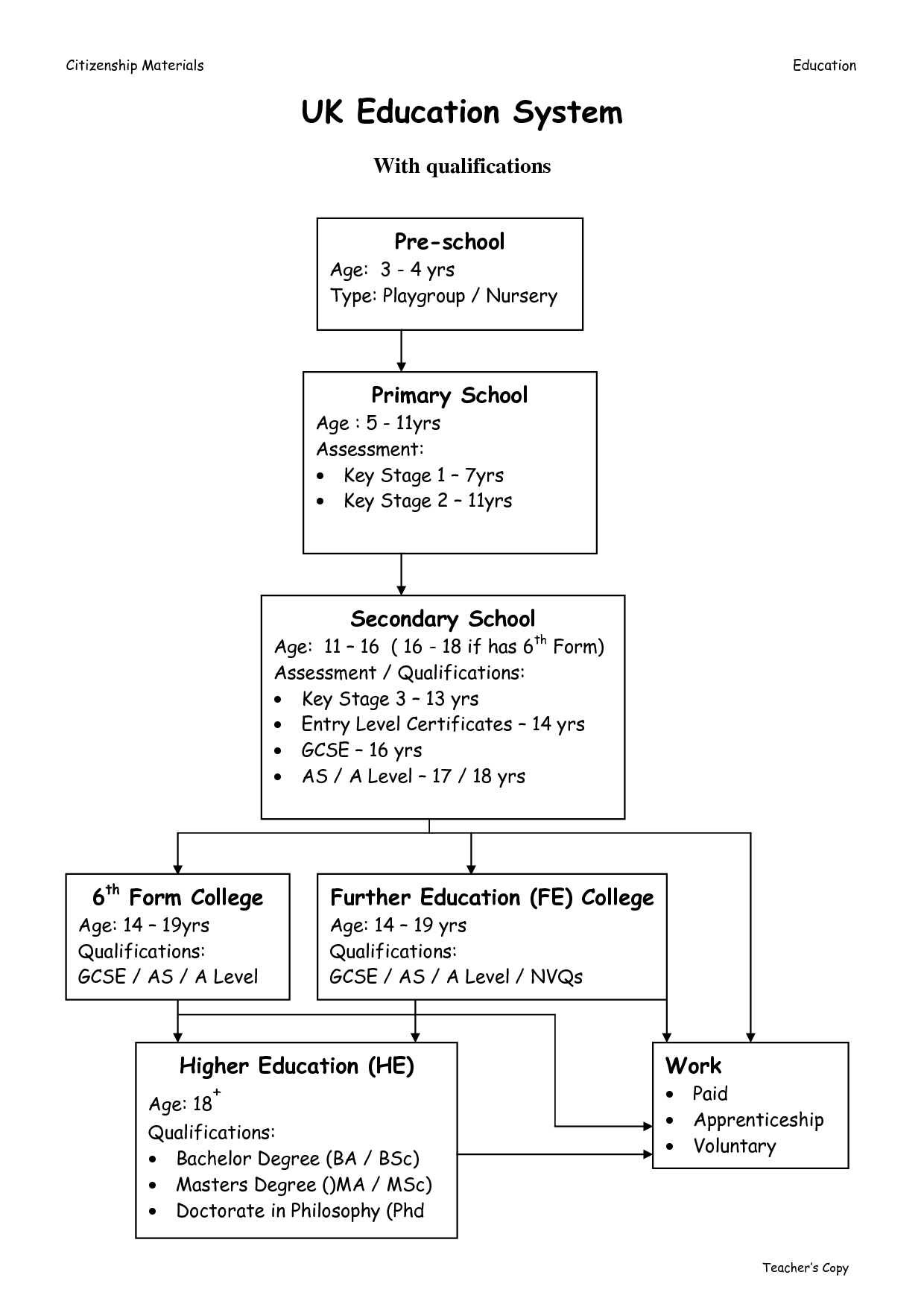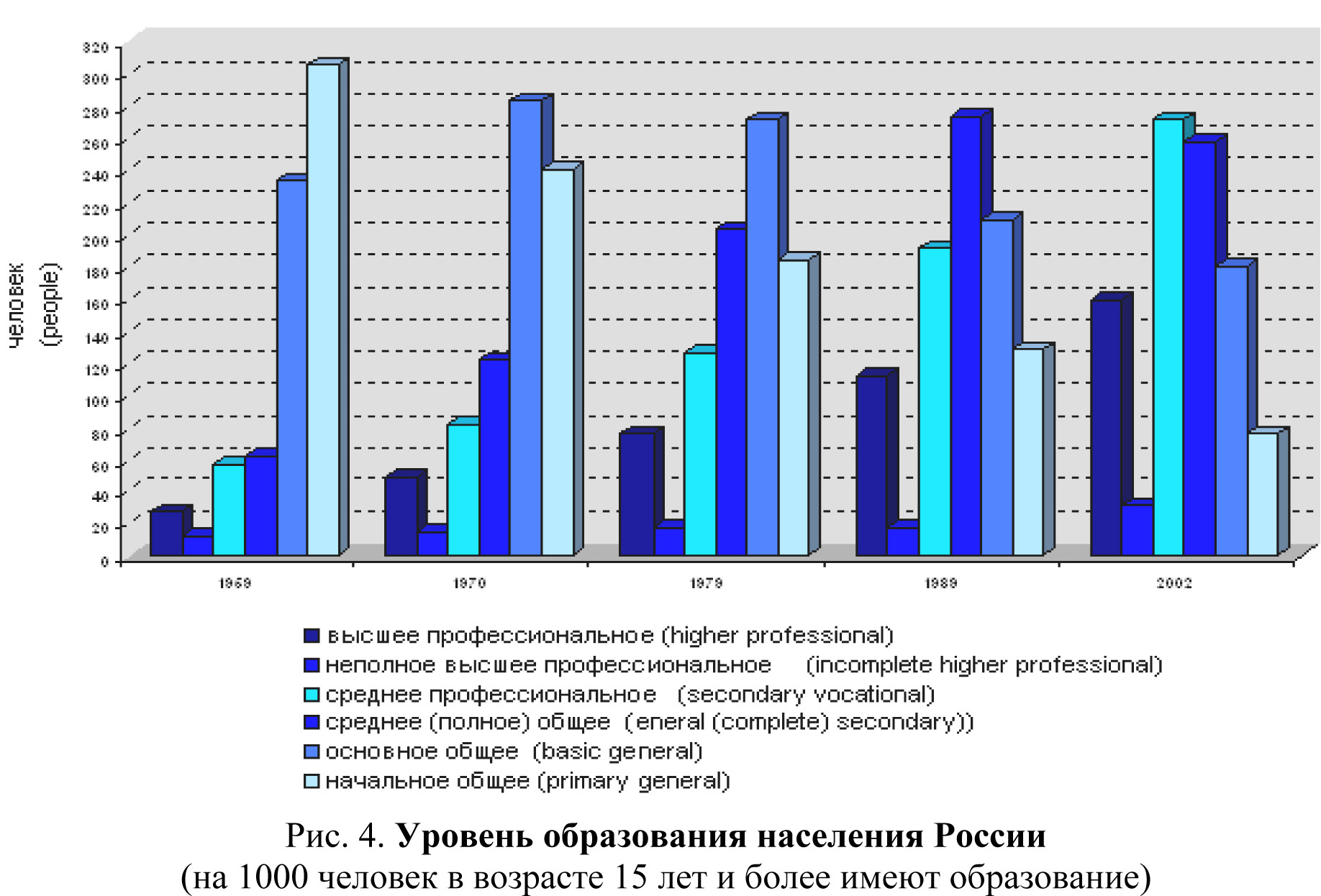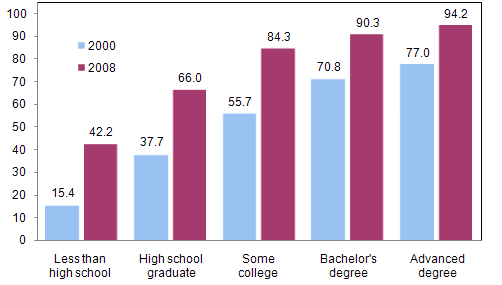- Преподавателю
- Иностранные языки
- Проект по английскому языку на тему Система образования в Англии и России
Проект по английскому языку на тему Система образования в Англии и России
| Раздел | Иностранные языки |
| Класс | 6 класс |
| Тип | Другие методич. материалы |
| Автор | Бумбак Е.Э. |
| Дата | 12.02.2016 |
| Формат | docx |
| Изображения | Есть |
Муниципальное общеобразовательное учреждение
«Гимназия № 4»
ПРОЕКТ
на тему «Система образования в России и Англии».
г. Подольск
2016г.
Содержание
Пояснительная записка………………………………………………………………………………..3-4
I. Система образования в России…………………………………………………………………..5-9
1.1 Общая структура системы образования РФ………………………………………………5
1.2.Ступени образования ………………………………………………………………………………..6
1.3 Учебное и каникулярное время ……………………………………………………………….7
1.4 Типы школ в России…………………………………………………………………………………….8
1.5 Школы пансионы………………………………………………………………………………………..9
II. Система образования в Англии………………………………………………………………10-15
2.1 Общая структура образования в Англии………………………………………………….10
2.2 Ступени образования……………………………………………………………………………11-12
2.3 Учебное и каникулярное время…………………………….………………………………...13
2.4 Типы школ в Англии………….………………….……………………………………………………14
2.5 Школы пансионы..……………………..………………………………………………………………15
Практическая часть работы………………………………………………………………………..16-17
III. Насколько образованы люди в Англии и России ……………………………….16-17
Заключение…………………………………………………………………………………………………….18
Пояснительная записка
К проекту на тему: «Система образования в России и Англии».
Почему я выбрала тему «Система образования в России и Англии»?
В этом году я решила сделать проект по английскому языку, так как это один из моих любимых предметов. Есть много тем и слов, которые мне интересны на уроках английского, но я решила взять именно ту тему, о которой мы не так много слышали на уроках английского языка и это как раз таки тема Образования. Таким образом, я захотела сравнить систему образования в Англии и России.
Работая над проектом, я пользовалась различными источниками информации: интернетом, схемами и картинками, книгами и учебниками, обобщала полученную информацию, анализировала ее и затем делала выводы.
Актуальность: моей темы, заключается в том, что без образования в нашей жизни ты никуда не сможешь устроиться на работу и будешь неграмотным человеком.
Цель моего проекта: определить насколько образованы люди в Англии и России, и сравнить полученный результат.
Задачи моего проекта:
1. Составить план проекта;
2. Собрать теоретическую информацию;
3. Обобщить информацию;
4. Показать диаграмму о уровне образовании в Англии и России;
5. Сделать выводы на основе полученного материала.
Мной была выдвинута гипотеза, что уровень образования в Англии и России одинаковый.
Объект исследования: система образования в Англии и России.
Предмет исследования: сравнение диаграмм в процентном соотношении по уровню образования в Англии и России.
Я использовала следующие электронные ресурсы:
1. military.wikia.com/wiki/Suvorov_Military_School
2.ibe.unesco.org/Countries/WDE/2006/CENTRAL_and_EASTERN_EUROPE/Russian_Federation/Russian_Federation.htm
3. en.wikipedia.org/wiki/Education_in_Russia
4. reshal.ru/education-in-england/
5. mybiblioteka.su/tom2/3-14815.html
6. resources.woodlands-junior.kent.sch.uk/customs/questions/education/terms.html
7. best-boarding-schools.net/england-boarding-schools#.Vu7eAKeLTDe
I.Education in Russia
1.1.Structure and organization of the education system

1.2.Levels of education
Education in Russia is compulsory for children between the ages of 6 and 15. It consists of primary school education for ages 6-10, followed by senior school for ages 10-15. If a pupil of secondary school wishes to go on in higher education, he or she must remain to complete secondary school for 2 more years, from ages 15-17.
Primary and secondary school includes 11 years of study. Every school has a core curriculum of academic subjects. After completing this stage, pupils are awarded the Attestat o Srednem (Polnom) Obshchem Obrazovanii (Certificate of Secondary Complete General Education).
At 15 years old, children may choose to enter a vocational school or non-university institute. These typically offer programmes of academic subjects and a programme of training in a technical field until students reach 17 or 18. Such institutions used to be calledtechnikum but now most of them are known as colleges.
Classwork often means reciting and written and oral testing. Criticism by the teacher in front of the class is frequent. If a student does not perform to standard, they will be 'left back' to remain another year.
1.3.School hours and holidays
The Russian school year is comprised of 4 terms with vacations in between; 1 week in November, 2 weeks in January, 1 week in March and nearly 3 months in summer. School is held from September 1 until the final week of May, with exams in June.
The school day normally starts at 8 a.m. and finishes at 1 or 2 in the afternoon. Students generally attend class 5 days a week, although some schools require extra study on Saturdays.
A typical lasts 40 - 45 minutes with a 5 -15 minute break in between. In primary school students have 4 classes a day. This increases to 5 or 6 classes a day in secondary school, and 6 or 7 at a senior high school.
A normal class consists of 20-30 students. In primary school, pupils have one teacher for all the subjects taught.
1.4.Types of schools in Russia
There are usual state schools in Russia , in addition, state and private Lyceums and gymnasias . It is a serious problem for the parents to decide, which school their child should attend. The quality of the education in state schools is not always so good, as in gymnasias . But gymnasias are much more expensive. Different additional subjects are also taught in gymnasias , and that may be difficult for children. However, state schools, Lyceums and gymnasias are subordinated generally to the unified educational system of Russia .
During three or four years a child goes to the primary school where he studies only simple subjects, like mathematics and reading, for example. Then the middle school begins, the list of the subjects is enlarged. Every school has its main teaching program , the Russian language, literature, mathematics, natural sciences and body culture belong to it.
The primary school and the middle school last up to 11 years, but already after 9 years children can go to a college (or vocational school). If a pupil wants to go on the university, he must attend the school for two years more.
After leaving the middle school, the Lyceums, the gymnasia, or the vocational school one can get the higher education. All entrants must pass entrance examinations. Today these entrance examinations are often connected with final examinations. That is if one has passed the final examinations well, the entrance examinations won't already be necessary. Moreover, one can pay for the high education and also pass no entrance examinations.
At the university specialists are trained. Students study at the university during four years, then they get the Bachelor degree. Then one can study more for two years to get the master's degree. The master's degree is considered to be an advantage for potential employers.
1.5.Boarding schools
The Suvorov Military Schools are a type of boarding school in the formerSoviet Union and in modern Russia and Belarus for boys of 14-18. Education in such these schools focuses on military related subjects. The schools are named after Alexander Suvorov, the great 18th century general.
Their naval counterparts among Russian military schools for teenagers are theNakhimov Naval Schools. They are named after Pavel Nakhimov, the 19th century admiral.
This type of schools was created in the USSR during the Great Patriotic War in December, 1943 to provide boys of school age, particularly those from families of military personnel, with a secondary education specializing in military (Army, Navy, Intelligence, etc.) subjects and training. Boarding school aspect was particularly important at the time because many students were war orphans, either without parents or with only surviving mother unable to support them.
A number of Suvorov/Nakhimov Military Schools still exist in the CIS countries (including Belarus). The Suvorov schools in Russia are now subordinate to the Commander-in-Chief of the Russian Ground Forces.
II.Education in England
2.1. Structure and organization of the education system

2.2. Levels of education
In some areas of England there are nursery schools for children under 5 years of age. Some children between two and five receive education in nursery classes or in infants classes in primary schools. Many children attend informal pre-school play-groups organised by parents in private homes. Nursery schools are staffed with teachers and students in training.
There are all kinds of toys to keep the children busy from 9 o'clock in the morning till 4 o'clock in the afternoon while their parents are at work.
Here the babies play, lunch and sleep. They can run about and play in safety with someone keeping an eye on them.
For day nurseries which remain open all the year round the parents pay according to their income. The local education authority's nurseries are free. But only about three children in 100 can go to them: . there aren't enough places, and the waiting lists are rather long.
Most children start school at 5 in a primary school. A primary school may be divided into two parts-infants and juniors. At infants school reading, writing and arithmetic are taught for about 20 minutes a day during the first year, gradually increasing to about 2 hours in their last year. There is usually no written timetable. Much time is spent in modelling from clay or drawing, reading or singing.
By the time children are ready for the junior school they will be able to read and write, do simple addition and subtraction of numbers.
At 7 children go on from the infants school to the junior school. This marks the transition from play to «real work». The children have set periods of arithmetic, reading and composition which are all Eleven Plus subjects. History, Geography, Nature Study, Art and Music, Physical
Education, Swimming are also on the timetable.
Pupils were streamed according to their abilities to learn into A, B, С and D streams. The least gifted are in the D stream. Formally towards the end of their fourth year the pupils wrote their Eleven Plus Examination.
The hated 11 + examination was a selective procedure on which not only the pupils' future schooling but their future careers depended. The abolition of selection at Eleven Plus Examination brought to life comprehensive schools where pupils can get secondary education.
There are some types of secondary schools in England. They are: grammar schools, modern schools and comprehensive schools.
Secondary Schools. At the age of 11 when children leave junior school to start the second stage of their education they go to assessment centers or for interviews at local secondary schools. This system has replaced the old selective examination (it was called "Eleven Plus Examination") which was much criticized by teachers and parents. Nowadays most of the secondary schools in Great Britain have gone over to be comprehensive system. Almost 50% of all secondary schools are single sex.
The Comprehensive Schools take all children over eleven regardless of their supposed intelligence. In these schools children are not separated according to ability. On graduating, the students can enter universities, colleges, polytechnics or other higher educational establishments.
The organization of state schooling is not centralized as in most European countries. Firstly, there is no prescribed curriculum. Secondly, the types of school available and the age ranges vary in different parts of the country. State schooling in the United Kingdom is financed partly by the government and partly by local rates.
Pupils going on to higher education or professional training usually take "A" level examinations in two or three subjects. Universities accept students mainly on the basis of their "A" level results.
There are forty-seven universities in Britain and thirty former polytechnics, plus 350 colleges and institutes of higher education.
The most famous universities are Oxford and Cambridge, called "Oxbridge".
2.3.School hours and holidays
The English academic year runs from September to July.
Schools are open for 195 days each school year.
English schools have six terms (semesters), separated by holidays (vacations).
The school year is 39 weeks long and is divided into six terms:
Term 1 - September to October (followed by a one week holiday)
Term 2 - October to December (followed by a two week holiday)
Term 3 - January to February (followed by a one week holiday)
Term 4 - February to March (followed by a two week holiday)
Term 5 - April to May (followed by a one week holiday)
Term 6 - June to July (followed by a six week summer holiday)
Holidays / Vacations
Our main School holidays are:
Christmas - 2 weeks
Spring - 2 weeks
Summer (end of July and the whole of August) - 6 weeks
We also have a one week holiday at the end of every odd numbered term.
2.4. Types of schools in England
The main categories of school are:-
-
local authority maintained schools (State Schools)
Free to all children between the ages of 5 - 16 -
independent schools. (Private/Public Schools)
Parents pay for their children's' education.
State Schools
In the UK 93% of the children in England and Wales go to "state schools". State schools are non fee-paying, funded from taxes and most are organized by Local Authorities (LA).
Parents are expected to make sure that their child has a pen, pencil, ruler etc. but the cost of other more specialized equipment, books, examination fees are covered by the school.
Parents are, however, expected to pay for their child's school uniform and items of sports wear. Charges may also be made for music lessons and for board and lodgings on residential trips. Schools may ask for voluntary contributions for school time activities - but no pupil may be left out of an activity if their parents or guardian cannot or do not contribute.
Fee Paying Schools
Independent Schools
7% of the children in England go to independent schools. Independent schools are known as private schools and public schools . Parents pay for their children to attend these schools.
Nursery/Kindergarten 2 to 4 years
Pre-preparatory 3 or 4 to 7 years
Preparatory 7 to 11 or 13 years
Public 11 or 13 to 18 years
2.5.Boarding schools
One of top boarding schools in England! A great residential school in academically oriented Cambridge! Abbey College in Cambridge is an independent 6th form college that offers a stimulating environment in which staff and students work together to achieve academic success. There are about 260 students at the college, almost all of whom are in the 6th form and preparing for the General Certificate of Education at A-level.
Abbey College Cambridge is part of the Alpha Plus Group and aims to maintain a 'gold standard' of education. Classes are small, so enabling students and teachers to focus upon the most effective ways of learning.
The track record of Abbey College Cambridge students speaks for itself. Our results have established the college as one of the very best independent 6th form colleges in Great Britain. In the 2012 A-level examinations our students achieved the following pass rates: grade A* 40%, grade A*/A 72% and grade A*/B 89%.
The city of Cambridge is a fusion of the everyday and the extraordinary. It is a city that has shaped history and continues to make its mark on the future.
III. Practical work
In my practical work I decided to compare the level of education in Russia and England. I thought that the level can be the same, but if you look at the diagrams which are shown you the real difference.
-
Diagram of Russian level of education

-
Diagram of English level of education

When I compared the difference I was shocked, because in the first picture you can see that our people mostly have secondary education or secondary professional education, but in the second picture you can see that people in England have higher education or even academic degree.
I think, my generation will improve this rating, because we understand how useful is to be an educated person. Good education leads to personality development, psychological improvement of a person. It improves thinking, differentiation of good and bad, behavior. In a few years Russia will be at the top of all ratings around the world and many foreigners will come to our country to study here in our schools.
Заключение
По итогам проведенной мной исследовательской работы, я могу сказать, что достигла поставленной цели, выяснив, насколько образованы люди в Англии и России. Моя гипотеза не подтвердилась, так как я предполагала, что уровень образования одинаковый в этих странах. Однако, по диаграммам можно увидеть, что в России превалирует среднее полное и среднее профессиональное образование. А в Англии наоборот, очень много людей, которые заканчивают высшее образование или имеют ученую степень.
Мне было очень интересно работать над данной темой, результат исследования меня даже удивил. Но одно, я знаю точно, что без образования не получить хорошей работы.
Полученная мной информация пригодиться на уроках английского, а так же на уроках обществознания. Я буду рада просветить своих одноклассников по теме: Образования в России и Англии.


